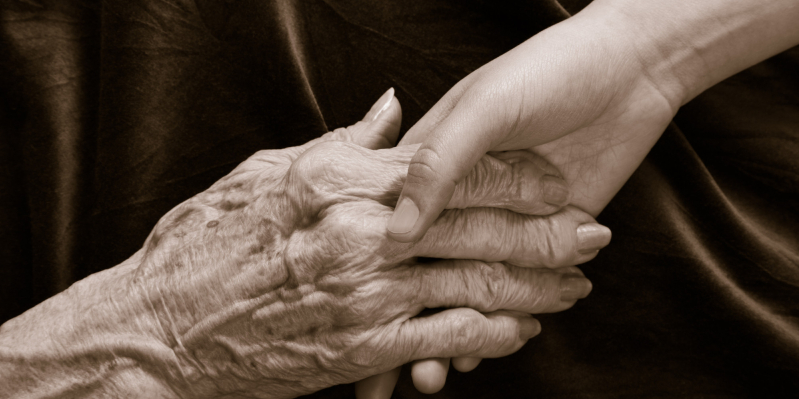
Prominent evangelist Billy Graham has said that those who care for society's most vulnerable members have the opportunity to display the love of God in a unique way, and shared some words of encouragement for those in such a position.
Over the weekend, an individual identified only as "M.R." wrote to the evangelist and revealed that she and her husband parent a child with disabilities. Recently, M.R. overheard someone comment that they wondered what the couple had done to make God punish them by giving them a child with disabilities.
M. R. asked, "Surely this isn't right, is it?"
After agreeing that such a comment "isn't right at all," Graham, 97, said, "I regret this person's insensitivity, and I hope you won't take it seriously."
While admitting he doesn't understand why God allows disabilities to happen, the evangelist called to mind the story found in John 9, in which Jesus and his followers came upon a man who had been blind since birth. His disciples asked Jesus why it had happened, and questioned if the condition was because the man himself had sinned, or because his parents had sinned?
"Behind their question was a belief that was common in those days: If someone was disabled, it must be because God was punishing them for something they had done. And as you learned, some people still think this way today," Graham explained. "But Jesus told them they were wrong. Obviously the man himself wasn't being punished for any sin he had committed. He was blind at birth. But neither, Jesus said, had it happened because of anything his parents had done."
He then quoted Jesus' words found in John 9:3: "Neither this man nor his parents sinned, but this happened so that the works of God might be displayed in him." Jesus then healed the man.
Graham concluded: "May you see your daughter in the same way, as an opportunity for God to display his love and his work through you. Yours is not an easy road, I know, but God is with you, and Christ wants to help you. Ask him to help you see your lives and your daughter through his eyes."
According to the NSIP, an estimated 48.9 million people, or 19.4% of the non-institutionalized civilians living in the United States, have a disability, and 24.1 million people have a severe or handicapping disability.
In a February interview with The Gospel Herald, Joni Eareckson Tada, founder of Joni and Friends, an organization accelerating Christian ministry in the disability community, urged the Church to be on the frontlines helping and supporting the disabled and their family members.
"Sometimes, we Christians tend to think that pro-life issues mainly surround a woman's uterus, what happens inside her womb," she said. "But to be pro-life is to care not only about what happens to that unborn baby yet in his mother's womb; pro-life perspectives extend to helping that child once that child is born with a disability. So many infants are born with seriously handicapping conditions, and their mothers and fathers take these little children home with these conditions, and suddenly their lives change and they become socially isolated, financially strapped, their patience runs out, they become angry, they're not connected with the mainstream of life."
She added, "This is an opportunity to show what a pro-life perspective really means, when we reach out and embrace these mothers, fathers and children with special needs. They should not have to suffer alone. God never intended for us to suffer alone. That's why He created the spiritual community, the Church. The Church needs to extend that pro-life perspective and care not only what happens to that baby in the womb, but what happens once he's born, and once he grows older, and once he becomes an adult - embracing those people with disabilities and their families and the church is a true pro-life stance."






